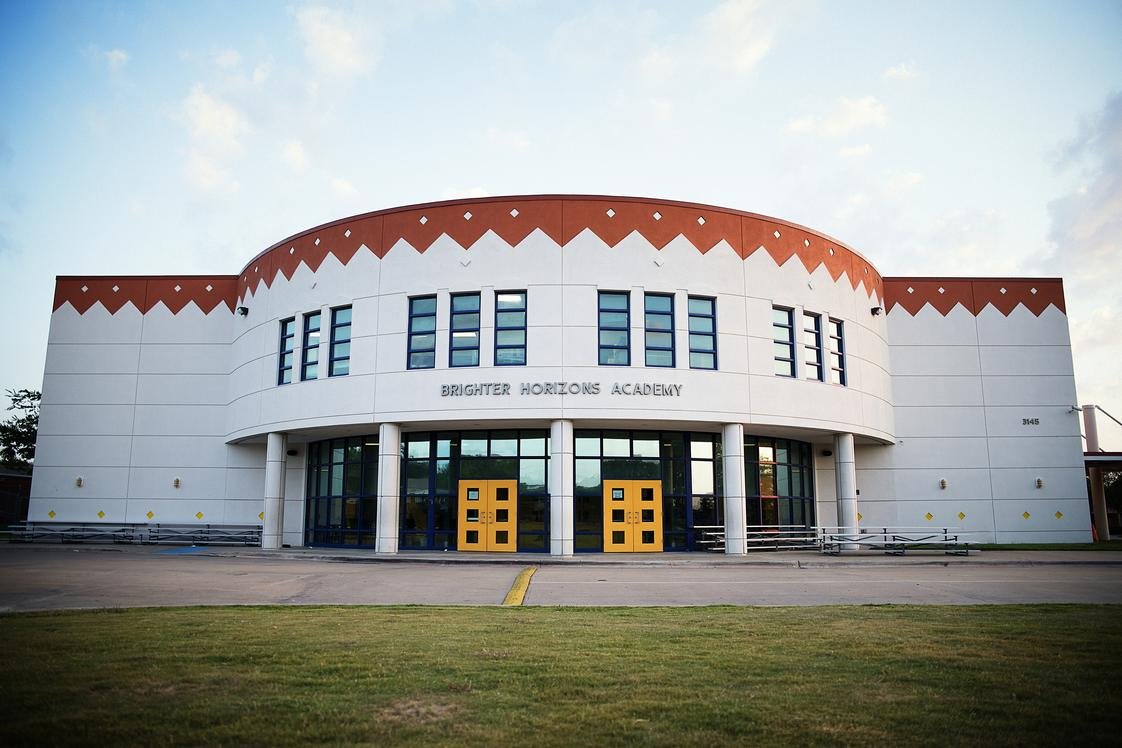Finding top islamic schools in Dallas means balancing academic excellence with Islamic values, and honestly, parents here have some incredible options that rival the best private schools in the area. Dallas’s Muslim community has grown dramatically over the past decade, creating demand for educational institutions that don’t force families to choose between quality education and religious identity. These schools combine rigorous academic programs with Islamic studies, Arabic language instruction, and character development rooted in Islamic principles. Most maintain small class sizes, typically 15-20 students per classroom, allowing for personalized attention that many public schools simply can’t provide. Tuition ranges from $8,000 to $15,000 annually, competitive with other private schools while offering unique value through dual-language programs and comprehensive Islamic education that extends beyond weekend religious classes.
What Sets These Schools Apart Academically
The academic standards at Dallas’s leading Islamic schools often exceed state requirements, with many students scoring above national averages on standardized tests. These institutions understand that parents want their children to compete successfully for college admissions while maintaining their Islamic identity.
Advanced Placement courses are becoming standard at the high school level, with schools like Islamic School of Irving offering 12 AP subjects. Students regularly score 4s and 5s on AP exams, and college acceptance rates to prestigious universities match or exceed those of elite private schools in the area.
STEM programs receive particular emphasis, reflecting the community’s strong representation in engineering, medicine, and technology fields. Many schools have invested heavily in science labs, robotics programs, and computer coding curricula that prepare students for modern careers.
Language instruction goes beyond the typical Spanish or French offerings. Arabic is taught as both a religious language and a practical skill, while some schools offer additional languages like Urdu, Turkish, or Persian depending on their community demographics.
Small class sizes enable teaching methods that larger schools can’t implement. Teachers know each student’s learning style, academic strengths, and areas needing improvement. This personalized approach often helps students who might struggle in larger educational environments.
Islamic Studies Integration That Actually Works
The integration of Islamic studies into the overall curriculum is where these schools truly differentiate themselves from both public schools and non-Islamic private institutions. It’s not just about adding religion classes to an otherwise secular education.
Quran memorization programs are structured to accommodate different learning paces and abilities. Some students complete full memorization (Hifz) while maintaining regular academic coursework, though schools are careful not to pressure students beyond their capabilities.
Islamic history and civilization courses provide context that’s often missing from standard world history curricula. Students learn about the Islamic Golden Age, contributions of Muslim scholars to mathematics and science, and the historical development of Islamic societies.
Character development based on Islamic principles permeates daily school life. Concepts like honesty, compassion, and social responsibility are reinforced through both formal instruction and school culture, creating environments where Islamic values are lived rather than just taught.
Arabic language instruction varies significantly between schools. Some focus primarily on Quranic Arabic for religious understanding, while others emphasize modern standard Arabic for practical communication. The best programs combine both approaches.
Community and Family Involvement
The tight-knit nature of these school communities creates networking opportunities and support systems that extend well beyond graduation. Families often develop lifelong friendships, and students benefit from mentorship relationships with older community members.
Parent involvement levels typically exceed those found in public schools. Volunteer opportunities range from classroom assistance to fundraising events, and many parents take active roles in school governance through board positions or advisory committees.
Cultural celebrations and events help students appreciate their Islamic heritage while participating in American society. Schools often host multicultural nights, Islamic art exhibitions, and community service projects that connect students with the broader Dallas Muslim community.
Alumni networks provide valuable connections for college admissions and career development. Graduates often return to mentor current students, creating continuity and demonstrating the long-term value of Islamic education.
Addressing Common Parent Concerns
The biggest concern many parents have is whether Islamic schools adequately prepare students for secular universities and careers. The track record suggests these worries are largely unfounded, with graduates successfully entering competitive fields and prestigious universities.
Social development concerns about students being isolated from mainstream American culture are addressed through sports programs, academic competitions, and community service projects that involve interaction with diverse populations.
College preparation programs at these schools often exceed what’s available in public schools. Guidance counselors understand the unique challenges Muslim students may face in college environments and provide specific preparation for maintaining Islamic practices while succeeding academically.
Financial aid programs help make Islamic education accessible to families across different income levels. Many schools offer sliding scale tuition, merit scholarships, and payment plans that reduce the financial burden on families committed to Islamic education.
READ ALSO: The Ultimate Guide to StateKaidz.com: Where Learning Feels Like Play










